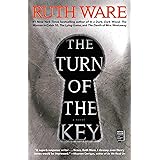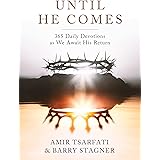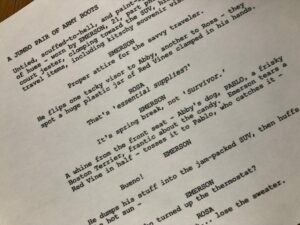Unlocking the Mystery: Why Some Adjectives Defy Comparison and What It Means for Your Language Skills
Ever catch yourself saying something is “really unique” or “absolutely perfect” and then pause, wondering if that even makes sense? Believe me, I have — and it’s more common than you think. See, language is a wild beast, especially when it comes to adjectives that refuse to play by the usual rules. These rebellious words, called nongradable or absolute adjectives, describe things that are inherently one-of-a-kind or complete, making modifiers like “very” or “more” downright nonsensical. It’s a fascinating little wrinkle in English that even seasoned writers trip over. So, why do we keep stretching these absolute words like “unique” beyond their limits? Maybe it’s just our way of searching for meaning in the mundane—or possibly just a case of linguistic habit gone rogue. Either way, diving into this topic will change how you think about precision in your writing—and maybe save you from a few grammar faux pas along the way.



















